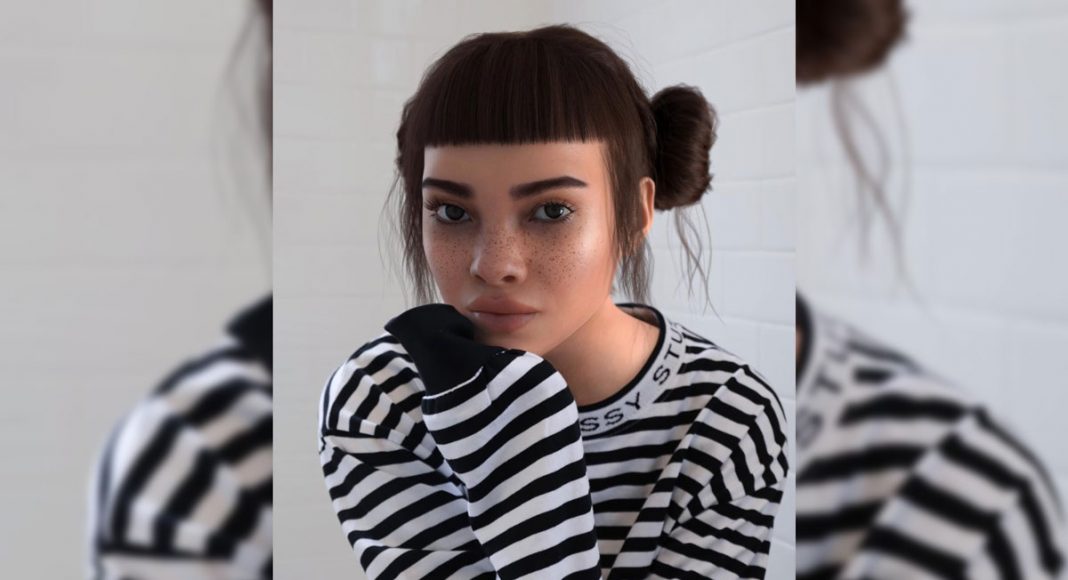Lil’ Miquela is a social media influencer who, like most tween influencers, has social media feuds, thousands of followers, and hundreds of portraits. But this Instagram influencer literally does not exist.
Miquela Sousa is presented as a Brazilian-American 19-year-old. She advocates for DACA and posts about equal rights. She’s a singer with a couple of auto-tuned pop songs on Spotify that have acquired over 1.5 million streams. She looks like a cartoon but she also looks real enough to make you wonder for a few seconds if maybe she’s just a weird looking human. A cousin of the Kardashians, maybe?
Related: 9 Adorable Dogs That Have A Better Instagram Account Than You
According to The Cut, her avatar is controlled by Brud, an L.A.-based start-up of “engineers, story-tellers, and dreamers” who specialize in artificial intelligence and robotics. While you may wonder who on Earth would be interested in this sort of content and why, the answer is millions of people for unknown reasons.
Like Miquela, there are other avatars and characters that have personalities and elaborate backstories that pull and hook viewers in, making them press that follow button and stick around for all of their posts and stories. These avatars represent an ideal that millions of people cling to and try to emulate. According to WIRED, CGI influencers have “serious money-making potential,” and will rule the future.
-
Related Story: Finstagrams: Inside The New Social Trend
While these virtual influencers are extremely confusing, the most famous ones at least stand for positive things. Like Miquela, Lawko, another CGI model from Brud whose trademark is to cover half of his face, is concerned with equal and LGBT rights, and with representing races other than white. These characters are not real but, if you think about it, neither is social media. Maybe their influence could serve a purpose and be used for good.


